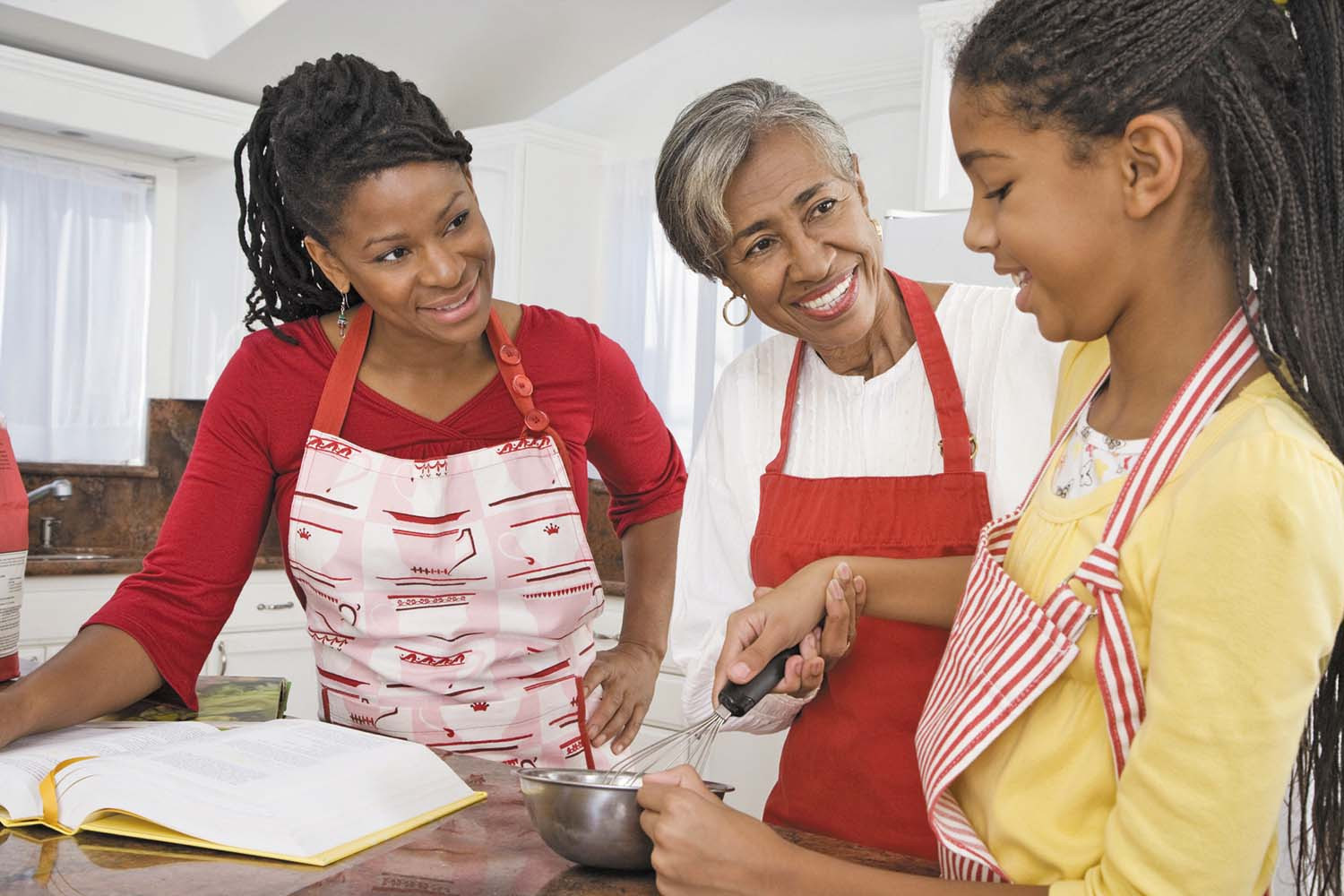
5 timeless habits for better health

What are the symptoms of prostate cancer?

Is your breakfast cereal healthy?

When pain signals an emergency: Symptoms you should never ignore

Does exercise give you energy?

Acupuncture for pain relief: How it works and what to expect

How to avoid jet lag: Tips for staying alert when you travel

Biofeedback therapy: How it works and how it can help relieve pain

Best vitamins and minerals for energy

Should you take probiotics with antibiotics?
Pain Archive
Articles
Which migraine medications are most helpful?
Many medications claim to relieve migraine pain, but some are more helpful than others. In a large study looking at real-world data on 25 drugs, migraine sufferers rated the most and least helpful options.
Electricity as chronic pain medicine
Several types of "electroceutical" therapies use tiny zaps of electricity to help ease chronic pain. Transcutaneous electrical nerve stimulation (TENS) therapy and electroacupuncture are designed to work by interrupting pain signals being sent to the brain. Scrambler therapy is thought to work by changing pain information sent to the brain. Good candidates for such therapies are people with arthritis, neuropathy, neck or back pain, or pain from cancer treatment. Some people should stay away from electroceuticals, including those with any kind of implanted stimulation device, such as a pacemaker or bladder stimulator.
Do I have a pinched nerve?
A pulled muscle sometimes feels similar to a pinched nerve. But muscle pain is usually dull and doesn't radiate outward, while pinched nerve pain is sharp and burning and extends from one area to another. Pinched nerves can stem from pregnancy, arthritis, or injuries.
Chest pain: Causes other than the heart
Most cases of chest pain don't signal heart problems. While chest discomfort of any kind should never be ignored, many conditions can trigger it. These include gastroesophageal reflux disease, gallstones, asthma, ulcers, anxiety, COVID, esophagus spasms, costochondritis, pulmonary embolism, pleurisy, aortic dissection, and pericarditis. Chest pain is likely to be unrelated to the heart if it's brief, triggered by eating, doesn't worsen with exercise, occurs only with movement, coughing, or breathing deeply, or it's localized to one spot.
Managing back pain
Most acute back pain happens because of weak muscles related to aging and inactivity. Symptoms usually last a few days, but pain and stiffness sometimes linger for a couple of weeks or longer. Frequent episodes can make people less active, as they are fearful about straining their back. Managing acute back pain is a two-step approach. First, treat the pain with over-the-counter remedies, cold and heat therapy, and rest, and then strengthen the back muscles and improve flexibility to prevent recurrent back pain episodes.
Winter activity workarounds for hands that hurt
Hand arthritis makes it tough to do winter activities, such as preparing holiday feasts, shoveling snow, wrapping presents, or using walking or ski poles. It helps to plan out activities, break them up when possible, take lots of breaks, use tools to make the jobs easier, and enlist help if needed. For example, consider asking family and friends to assist with holiday meal prep, or hire a service to remove snow.

5 timeless habits for better health

What are the symptoms of prostate cancer?

Is your breakfast cereal healthy?

When pain signals an emergency: Symptoms you should never ignore

Does exercise give you energy?

Acupuncture for pain relief: How it works and what to expect

How to avoid jet lag: Tips for staying alert when you travel

Biofeedback therapy: How it works and how it can help relieve pain

Best vitamins and minerals for energy

Should you take probiotics with antibiotics?
Free Healthbeat Signup
Get the latest in health news delivered to your inbox!
Sign Up











